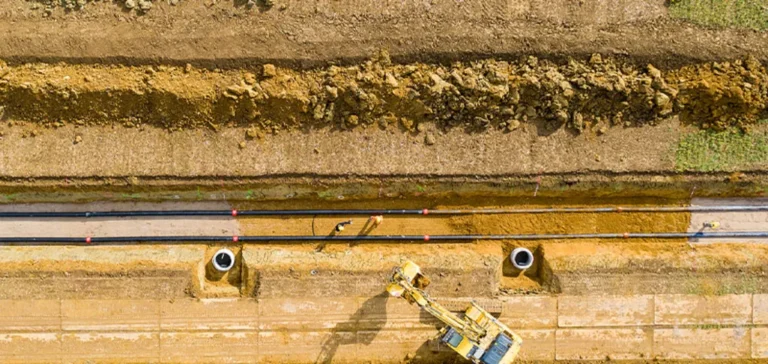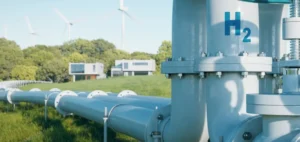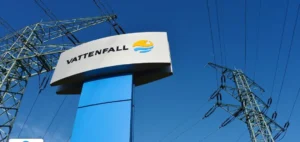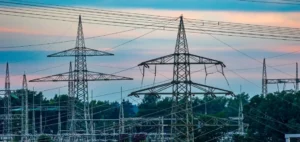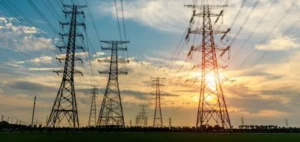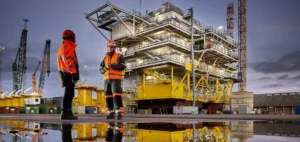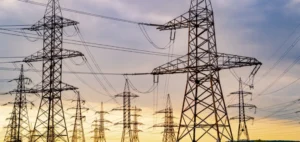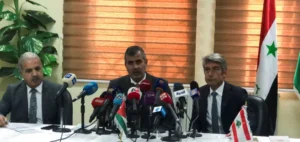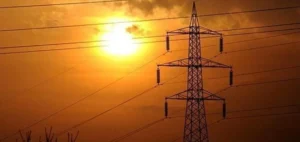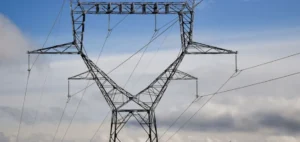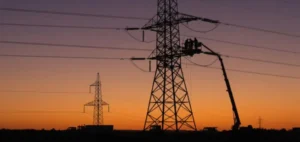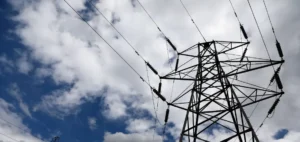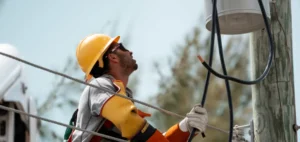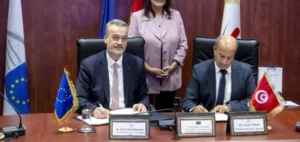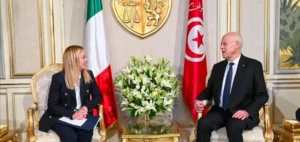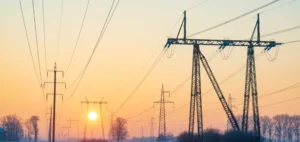The SuedLink transmission line project, with a planned capacity of 4 gigawatts, is progressing with the launch of two new construction phases, confirmed grid operator TransnetBW. The 700-kilometre project will connect electricity production areas in northern Germany with industrial centres in the south, with commissioning scheduled by the end of 2028.
A major public investment in electricity infrastructure
Regarded as the largest energy infrastructure project ever undertaken in Germany, SuedLink is supported by public and semi-public investments totalling €10bn ($10.66bn). Its main function is to transport surplus electricity generated in coastal regions to high-demand zones in the south, helping to reduce network congestion.
Originally planned to be operational in 2022, the project was delayed following a route revision prompted by local opposition to overhead lines. As a result, the entire cable will now be installed underground, increasing engineering complexity and regulatory requirements.
Work begins in two strategic federal states
Construction officially began this week in the states of Hesse and southern Lower Saxony. These sections are in addition to early works launched in 2024 in other regions. Several regional energy ministers attended the launch ceremonies, highlighting political commitment to accelerate the rollout.
In July, Energy Minister Katherina Reiche took part in the launch of construction in Bavaria, underscoring the central role of SuedLink in balancing the national power system.
Phase-based management to meet deadlines
The cable is divided into fifteen sections, managed in parallel by two operators: TenneT in the north and TransnetBW in the south. This structure allows simultaneous progress across multiple fronts and better distribution of technical and human resources.
Current planning foresees an intensification of work during 2025, with an unchanged target of completion by the end of 2028. Authorities stated that project financing remains secured through continued support from the federal government and grid operators.


